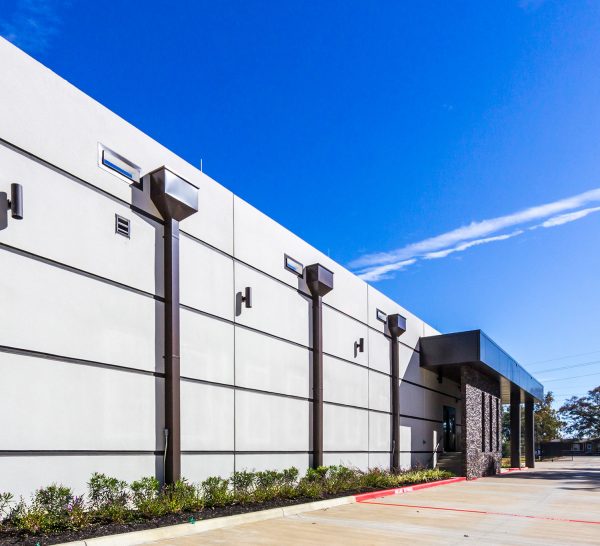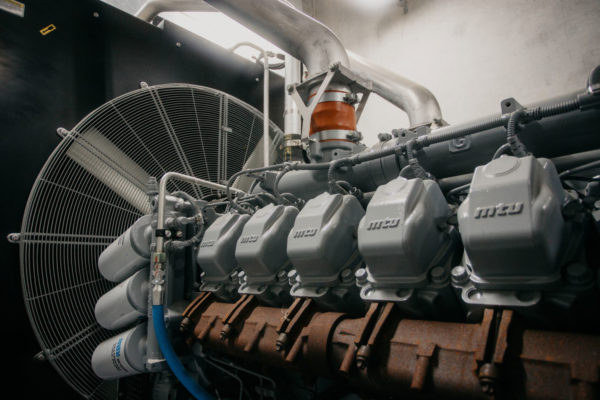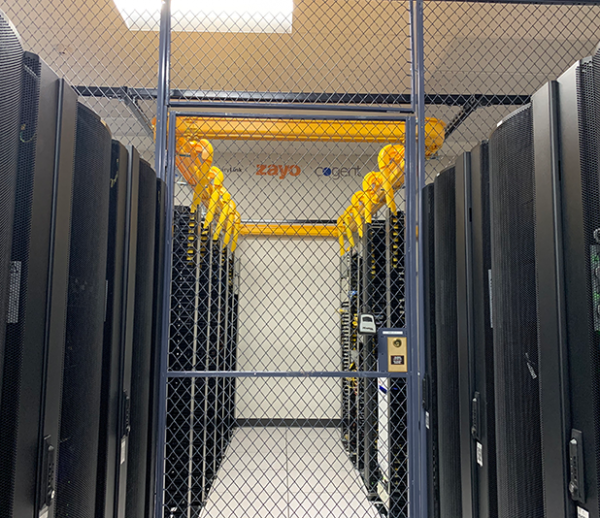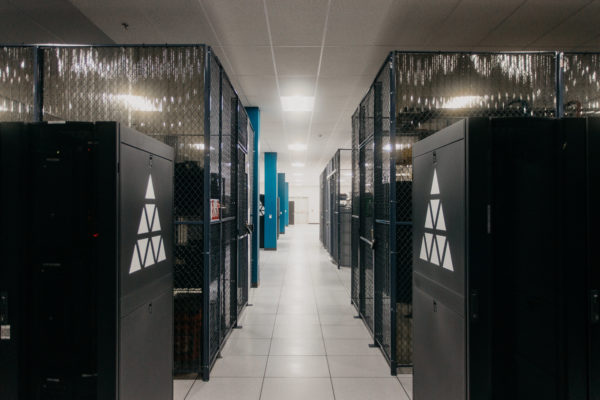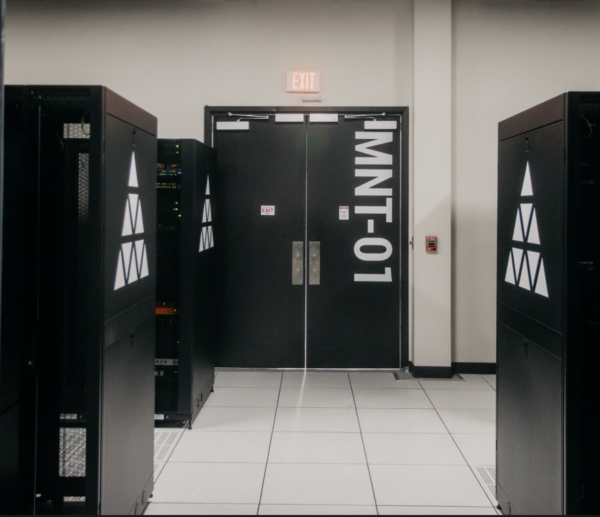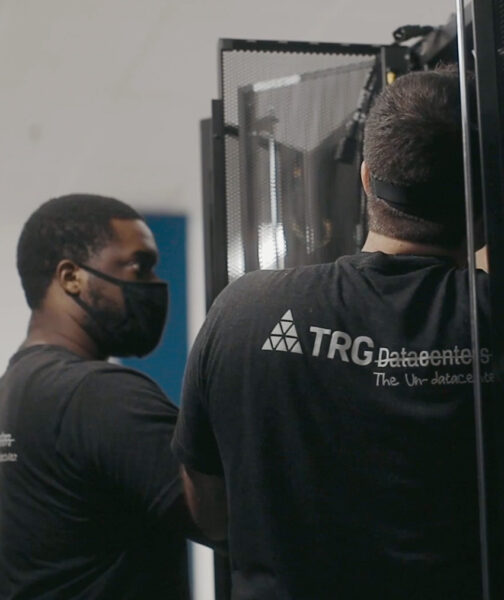Houston isn’t just the energy capital of the world. It’s the innovation center where high-performance computing (HPC) and artificial intelligence (AI) are accelerating the next-generation of oil and gas technologies. From seismic imaging to real-time drilling optimization, HPC is driving faster, smarter, and more efficient operations across the energy industry.
Key Industry Insights:
- Houston’s Energy Hub: 600 exploration and production firms, 1,100 oilfield service companies, and over 180 pipeline transportation establishments are based here.
- Public Companies: Of the 113 publicly traded energy companies nationwide, 44 are in Houston. Global and regional headquarters include Exxon, BP, Chevron, Shell, Citgo, and ConocoPhillips.
- Market Growth: The global market for AI applications in oil and gas is projected to grow from $3 billion in 2024 to $5.2 billion by 2029.
- AI Adoption: A recent survey found 92% of oil and gas companies worldwide are investing in AI or planning to do so within five years.
- Productivity Gains: Over the past 15 years, U.S. daily oil output increased by 60%, using 40% fewer workers, driven largely by technology like HPC and AI.
- AI Usage: Nearly half (47%) of oil and gas professionals expected to integrate AI into operations by 2024. Updates on this adoption are forthcoming.
The industry generates massive amounts of data, estimated at 1.5 to 2.5 exabytes annually. Managing, analyzing, and extracting value from this data is a critical challenge. HPC and AI play complementary roles in this process. HPC provides the infrastructure to crunch massive datasets, while AI applies logic and analysis to make the data relevant and actionable.
HPC: The Backbone of Houston’s Energy Sector
Whether analyzing seismic waves, modeling reservoirs, or optimizing drilling operations, these workloads demand extraordinary computing power. HPC systems—often powered by GPUs and high-density configurations—are meeting this demand and transforming the industry.
Data at a Glance:
- Seismic Data: A single 3D seismic survey produces 10 to 100 terabytes of data.
- Drilling Operations: Modern rigs generate 1 to 2 terabytes of data per day.
- Production Facilities: IoT devices and SCADA systems produce 50 to 100 gigabytes of data daily.
- Reservoir Simulations: One simulation generates 1 to 5 terabytes of data.
- Offshore Platforms: Connected platforms generate up to 1 petabyte of data annually.
- Downstream Operations: Refineries and supply chains add hundreds of terabytes annually.
HPC doesn’t just process this data. It delivers the speed and scale needed for AI to turn it into actionable insights, enabling companies to make better decisions faster.
Seismic Imaging: Driving Faster Exploration
Seismic imaging is central to oil and gas exploration. Sound waves map underground formations, helping companies locate reservoirs with precision. This process generates terabytes of data that must be transformed into 3D models—one of the industry’s most computationally demanding tasks.
HPC accelerates seismic imaging through GPU-powered tools like Reverse Time Migration (RTM), which process data faster and more accurately than traditional methods. Faster seismic analysis reduces exploration costs and accelerates project timelines.
Consider an offshore project. Delays in analyzing seismic data can cost millions. HPC enables exploration teams to act quickly, minimizing delays and cutting costs.
Reservoir Modeling: Smarter Production, Better Results
Once a reservoir is located, companies need to understand how oil and gas will flow through it. Reservoir modeling involves simulations that predict production rates, optimize well placement, and manage resources over time. These models are computationally intense, solving complex equations with countless variables.
HPC infrastructure allows energy companies to run simulations faster and more efficiently. This improves production forecasting and reduces waste. Real-time adaptability is another advantage—as reservoir conditions change, companies can update their models to stay ahead.
Drilling Optimization: Real-Time Decisions, Real Savings
Drilling is expensive, with onshore wells costing $4 million to $10 million each and offshore wells ranging from $20 million to $100 million. Mistakes are costly, making real-time data analysis essential.
By processing geological data instantly, HPC allows drilling teams to adjust trajectories in real time, avoiding costly errors and maximizing efficiency. Predictive maintenance also prevents downtime by identifying potential equipment failures before they occur, saving time and money.
Upcoming Conference: 2025 Houston Energy HPC
We’re giving away 10 complimentary tickets to the 2025 Rice Energy HPC Conference — available on a first-come, first-served basis.
At Houston Energy HPC 2025, industry leaders and academics will gather to discuss how advanced computing is transforming the oil and gas sector. Learn about cutting-edge developments in seismic imaging, reservoir modeling, and real-time drilling optimization.
>>> Click Here to Reserve Your Ticket Now!
How We Support Houston Energy Innovation
We deliver high-density colocation, low-latency interconnections, and advanced cooling solutions that enable Houston’s oil and gas companies to leverage compute hungry HPC and AI effectively. By offering fault tolerant data centers for reliability and scalable infrastructure for growth, we help energy companies process massive datasets and implement real-time analytics, driving smarter decisions and better outcomes.
Looking for colocation?
For an unparalleled colocation experience, trust our expert team with three generations of experience

